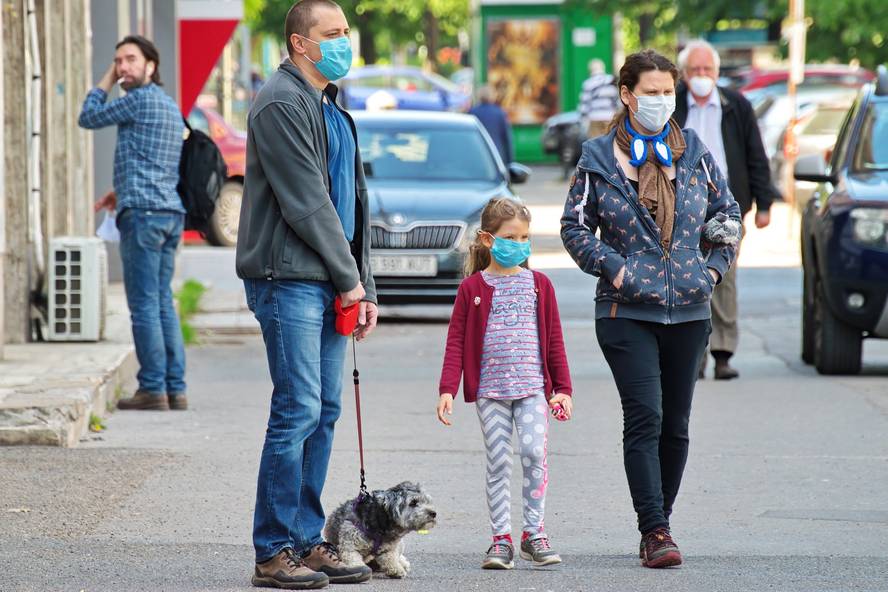False dichotomies
Posted in Berria on 27 October 2020
We are used to choosing between black and white, to being in favor or against. We continue with this trend: economy or health; schools closed or open; the mask always or never; the virus is carried by aerosols or only by large droplets; the vaccine will be totally safe or dangerous; confinement is a solution or a useless punishment...
Many of these dichotomies are not real. Although there are still many questions about covid-19, scientists are giving some answers. But its integration is not always easy.
A clear example of this is the issue of aerosols. The debate opened by the media has filled the population with doubts, but it is based on a false dichotomy: there is no clear separation between droplets and aerosols: in the air that leaves the airways there are drops of different sizes, from those that can be seen to the ñimiños (called aerosols).
All can carry viruses. The larger drops, being heavier, fall immediately, so to prevent others from becoming infected, just leave two meters away. Aerosols, on the other hand, are lighter, go further and last a long time in the air. Masks and ventilation are the most effective measures to stop transmission through them.
Why have these measures not been taken from the beginning and why is ventilation not more important? This question also does not have the only answer, and it must also be recognized that scientists have also been slow to obtain consistent aerosol transmission tests.
However, as evidence has been obtained, official bodies (World Health Organization, U.S. Center for Disease Control and Prevention) Spanish Ministry of Health, etc.) have reviewed protocols taking into account aerosol risk. In addition, the authorities have also renewed the rules, and in most places masks are mandatory. However, adaptations to ensure ventilation have not yet been extended to everything.
For the implementation of new measures, good communication and a reasonable and understandable measure are essential. However, this is not enough, but it is also necessary to have sufficient resources for its fulfillment. For example, the German government will allocate 500 million euros to ventilation improvement systems, especially in public buildings, schools and universities.
The most false dichotomy is economic and sanitary. In fact, the countries that have hit the covid-19 the most are suffering the most economic losses and vice versa, while those that are managing to control the plague have also maintained the economy. Spain is one of the first countries in the world, and the reason for this is explained crudely by the scientific journal The Lancet: the cuts in the health system and social services that have occurred for years have caused the epidemiological situation to be so serious.
In these times of uncertainty it is not easy to find reliable sources and distinguish grain from straw. For this it is necessary to have a critical attitude and bear in mind that, often, the answer will be in the gray range.






